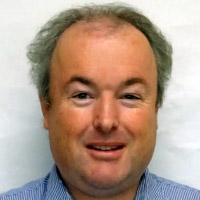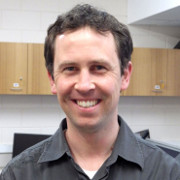Hydrological Processes Lab
Research
Research areas
We conduct world-leading research into catchment responses to natural variability and human-induced change.
We seek to:
- Increase knowledge of how hydrologic processes vary across space and time
- Improve model representations of hydrologic systems
- Collaborate with stakeholders to enable robust water management under current and future conditions.
Lab capabilities, facilities and resources
The group utilises standard and high-performance computing resources to analyse data, run models and store numerous hydroclimatic and topographic spatial and temporal datasets.
Partnerships
The group has strong academic relationships with colleagues at:
Monash University, CSIRO Land & Water, University of Adelaide, Bristol University, Loughborough University, University of East Anglia, Technical University of Vienna, University of Zurich, and the National Research Institute of Science and Technology for Environment and griculture (France).
The group also has ongoing relationships with industry partners: Bureau of Meteorology, Victorian Department of Environment, Land, Water and Planning, Victorian Environmental Water Holder, Melbourne Water.
Research focus
Our research focuses on hydrology under change, which strongly aligns with the International Association of Hydrologic Sciences (IAHS) Panta Rhei initiative. As impacts of anthropogenic climate change manifest throughout the hydrosphere, we expect to see changes in hydrologic processes within Australian and global catchments. Improving our understanding of how catchments behave under natural hydroclimatic variability provides a baseline for understanding how catchments might respond in the future. This baseline is being established through investigation of how catchment water availability and water quality respond under contrasting conditions using statistical analysis of historical observations. Critical to our ability to project future hydrologic conditions is the development of hydrologic models that are robust when modelling changing conditions. Research to improve model structures and calibration for modelling changing conditions is a key component of this group. Furthermore, developing stochastic models that adequately represent the wide range of temporal variability experienced within Australia over observed, palaeo and future time-scales is important for testing future scenarios and stress testing water resources systems.
In summary, we will research:
- Basic hydrological processes, and how they drive spatial and temporal variability in both water availability and water quality
- Model representations of hydrological processes
- Expected changes in rainfall, evaporative demand, vegetation response and land-use will be synthesised to enable robust water management under current and future conditions.
The Hydrological Processes Lab actively pursues research in an internationally recognised topic with strong ARC and industry support. The issue of hydrology under changing conditions is a long-term societally relevant problem that will become more important as the impacts of climate change emerge over the next few decades.
Group Leader
Researchers

Prof Sharon Davis

Dr Conrad Wasko
PhD students
 Abolfazl Poozan, PhD candidate
Abolfazl Poozan, PhD candidate Andrew John, PhD candidate
Andrew John, PhD candidate Arash Parehkar, PhD candidate
Arash Parehkar, PhD candidate Chunying Wu, PhD candidate
Chunying Wu, PhD candidate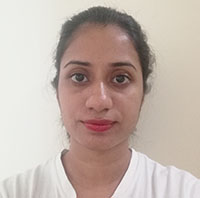 Hansini Gardiya Weligamage, PhD candidate
Hansini Gardiya Weligamage, PhD candidate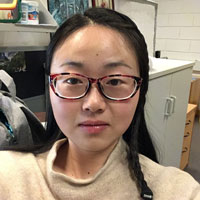 Jie Jian, PhD candidate
Jie Jian, PhD candidate Leila Forouhar, PhD candidate
Leila Forouhar, PhD candidate Luca Trotter, PhD candidate
Luca Trotter, PhD candidate Lukas Ren, PhD candidate
Lukas Ren, PhD candidate Natasha Ballis, PhD candidate
Natasha Ballis, PhD candidate Pengcheng Zhao, PhD candidate
Pengcheng Zhao, PhD candidate Seema Karki, PhD candidate
Seema Karki, PhD candidate Shirui Hao, PhD candidate
Shirui Hao, PhD candidate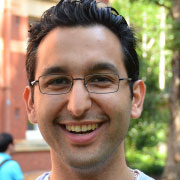 Sina Khatami, PhD candidate
Sina Khatami, PhD candidate Suwash Acharya, PhD candidate
Suwash Acharya, PhD candidate Wen Wang, PhD candidate
Wen Wang, PhD candidate Xinyang Fan, PhD candidate
Xinyang Fan, PhD candidate Yawen Shao, PhD candidate
Yawen Shao, PhD candidate Yuerong Zhou, PhD candidate
Yuerong Zhou, PhD candidate Zahra Riazi, PhD candidate
Zahra Riazi, PhD candidate
